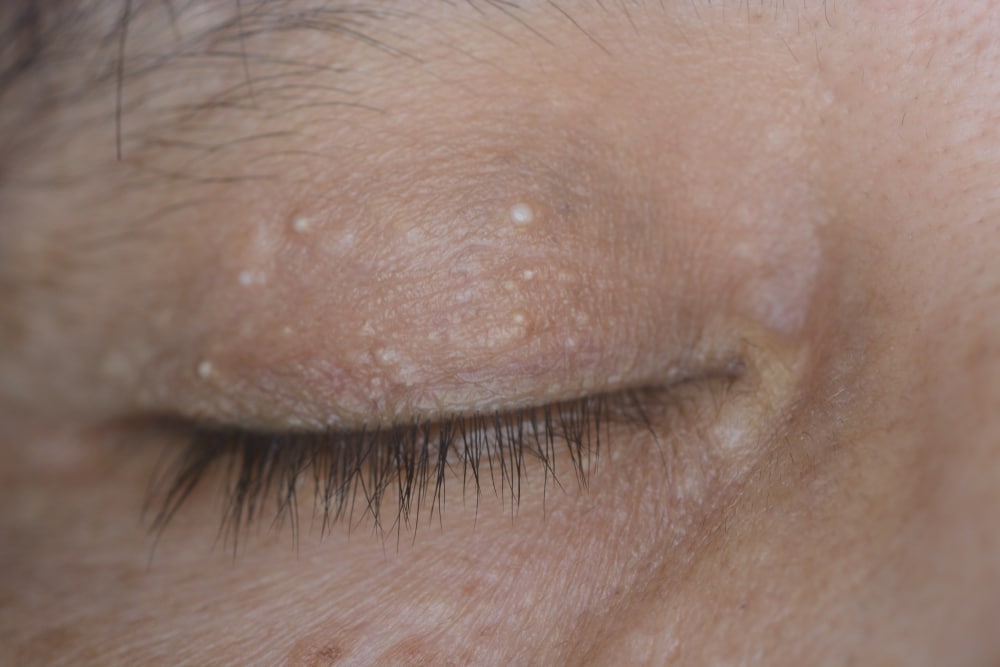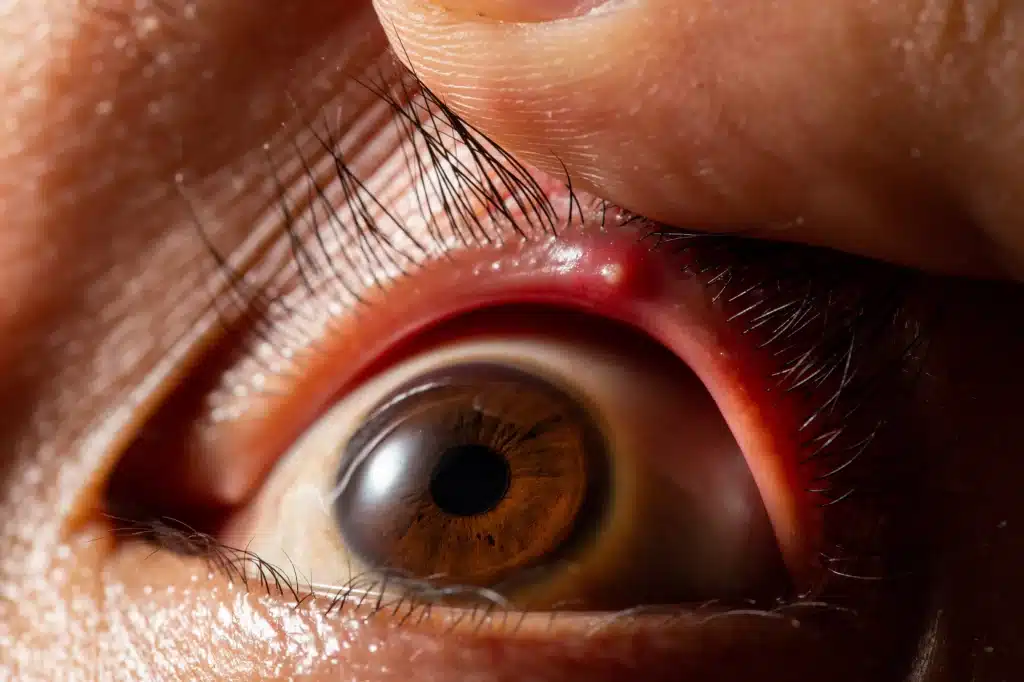Medically Reviewed by: Edward C. Wade, M.D., F.A.C.S.
Do You Know How to Identify Eye Health Risks?
You can do many things to keep them healthy and make sure you’re seeing your best. Follow these simple guidelines for maintaining healthy eyes.
Diabetes – High blood sugar may cause the lens to swell, leading to distorted vision and can lead to diabetic retinopathy, a leading cause of blindness.
Obesity and High Blood Pressure – Being overweight or obese increases your risk of developing diabetes and other systemic conditions, which can lead to vision loss, such as diabetic eye disease or glaucoma.
Smoking – The risk of cataracts more than doubles for people who smoke and the risk of developing age-related macular degeneration (AMD) is three times higher.
Know your Family’s Eye Health History – Talk to your family members about their eye health history. It’s important to know if anyone has been diagnosed with an eye disease or condition since many are hereditary. FYI…a very strong genetic correlation exists with glaucoma.
Eat right to protect your sight – Eating a diet rich in fruits and vegetables—particularly dark leafy greens, such as spinach, kale, or collard greens—is important for keeping your eyes healthy. Research has also shown there are eye health benefits from eating fish high in omega-3 fatty acids, such as salmon, tuna, and halibut.
Prolonged Use of Corticosteroid Medications – the use of inhaled and oral steroids as well as eye drops containing steroids can accelerate the development of cataracts and contribute to glaucoma.
Drinking Excessive Amounts of Alcohol – chronic drinkers are at a higher risk for eye disorders.
Previous Eye Injury or Eye Surgery – this is the leading cause of cataracts in people under 40.
Wear Your Shades – When purchasing sunglasses, look for ones that block out 99 to 100 percent of both UV-A and UV-B radiation.
Give your eyes a rest. If you spend a lot of time at the computer or focusing on any one thing, you sometimes forget to blink and your eyes can get fatigued. Try the 20-20-20 rule: Every 20 minutes, look away about 20 feet in front of you for 20 seconds.
Our doctors, Dr. Mark L. Mayo, Dr. Edward Wade, Dr. Ting-Fang Suarez, and Dr. Paul Stewart recommend if any of these factors are creating vision problems, schedule a comprehensive dilated eye exam with your eye doctor.
Related Articles
Financing Options Available
Apply today to find a financing option that meets your needs.
Our Locations
Houston/Bellaire
6565 W. Loop S., Suite 650Bellaire, TX 77401
Medical Office:
713-797-1010
Medical Fax:
713-357-7276
LASIK/Near Vision:
Office: 713-395-1515
Fax: 713-357-7278
Pasadena
4415 Crenshaw RoadPasadena, TX 77504
Medical Office:
281-977-8800
Medical Fax:
281-977-8877
Sugar Land
15200 S.W. Freeway, Suite 130Sugar Land, TX 77478
Medical Office:
281-277-1010
Medical Fax:
281-277-4504
Clear Lake
455 E. Medical Center Blvd., Suite 110Webster, TX 77598
Medical Office:
281-332-1397
Medical Fax:
281-282-9152
Katy
Greenhouse Medical Plaza2051 Greenhouse Road, Suite 110
Houston, TX 77084
Medical Office:
346-547-7070
Medical Fax:
281-214-2971
The Woodlands/Conroe
100 Medical Center Blvd., Suite 118Conroe, TX 77304
Medical Office:
936-647-1610
Medical Fax:
936-647-1620


